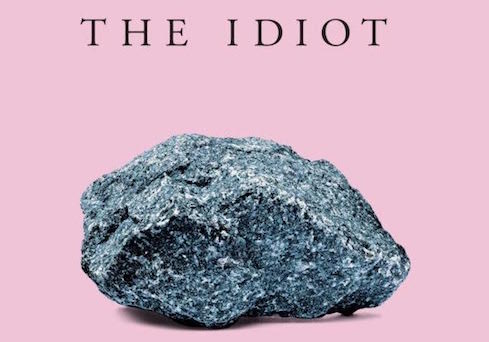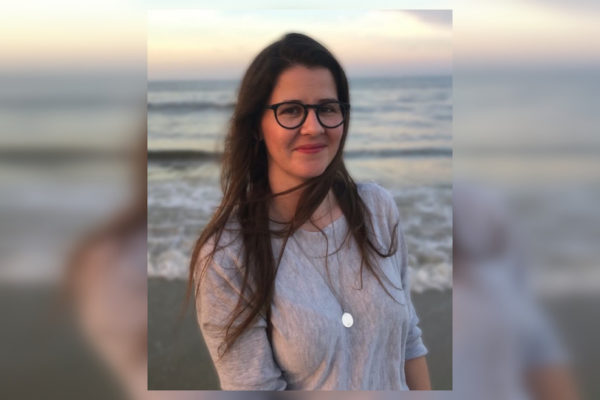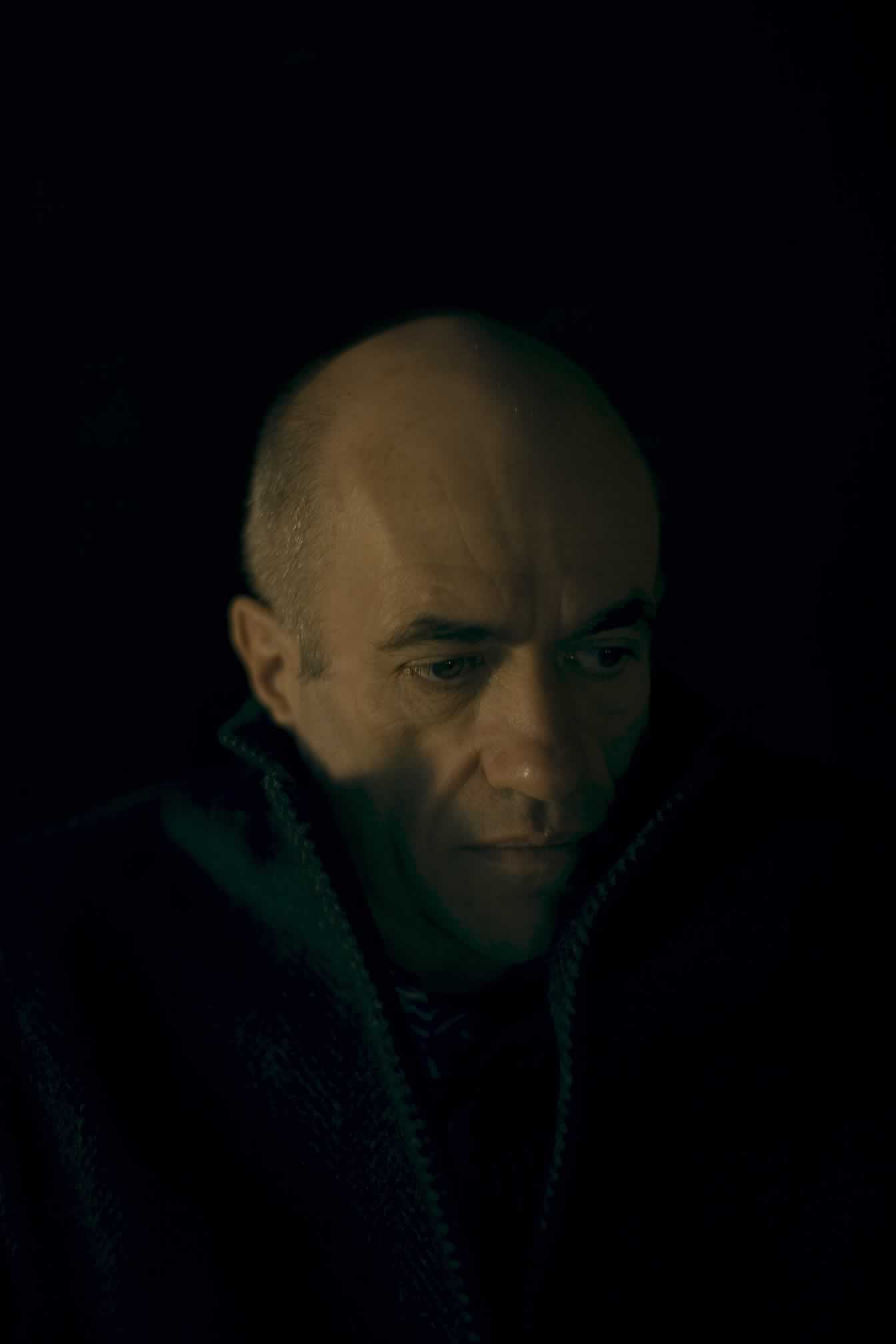Elif Batuman’s The Idiot is a hilarious, poignant, and deviously wise novel, couched in the late-adolescent sensibilities of its narrator, Selin. As a freshman at Harvard in 1995, Selin is overwhelmed by her newfound freedom and its possibilities.
Batuman skillfully shows how the brilliance of youth stems from its receptivity to the world’s oddities and contradictions, and how a journey filled with disillusionment can yield flashes of beauty, wonder, and insight.
Batuman is a staff writer at The New Yorker and the author of The Possessed: Adventures with Russian Books and the People Who Read Them. She has written about contemporary trends in American fiction in publications like n+1 and London Review of Books. We spoke about her new novel, how an academic understanding of classic literature affects her approach to fiction, and the rise of insurance in the 18th Century.
HL
You wrote The Idiot in your twenties—a decade or so ago. When you’re turning old work into a new novel, how is your revision process affected? So much of the book in its framing is about the new technologies of email, along with the new technologies of communication and identity-forming that Selin acquires as a student at Harvard. How does the passage of time affect the place of what was then new, but is now a thing of the past?
EB
I first wrote the draft of what became The Idiot in 2000, 2001. I went straight to grad school after college. I did my first year at Stanford, and then I took that next year off and I wrote this very long document. It was much longer than The Idiot, which is not a super short book. I wrote and I wrote and I wrote, and it didn’t feel like a finished book, and I didn’t really know what to do with it. I wasn’t sure which part of it was the book. So I went back to school, where I had health insurance. I was in the comp lit program doing mostly Russian literature, and I got super into it, and I thought for a while I might become an academic, or a critic. I wrote The Possessed, and life just sort of took a different turn.
By the time I revisited that manuscript, it was the summer of 2015. I had this experience of looking back at this manuscript that I’d written fifteen years ago, when I was twenty-three, and I was looking back at it when I was thirty-eight, and it was about someone who was eighteen, so there were all these different layers. One of the things that really struck me was that, when I wrote it, I was just writing about life. That’s what I knew about life. It was only when I looked back at it that I saw formal features. It was a bildungsroman, it was a campus novel, and it was also a historical novel. Time had just magically made it into a historical novel! A lot of the stuff about email was already there—email already played a large role—but it wasn’t the opening of the book, the way it is now.
At the time I was revising it I was having a lot of difficulty with email. It was this time when if you read anything about email, it was about how to deal with your email, how to have an email amnesty, how to have an email Sabbath. I’d completely forgotten about the time when email was this magical other thing—it was optional and new and uncharted and exciting. That was something I consciously tried to bring out during the revision.
HL
You use it to create a version of the epistolary novel. What strikes me about the difference between relationships then and now is that the rules of engagement are different. If you’re talking to someone, you see a face respond. And if you’re texting someone, you’re now well aware that they’re going to see it in a matter of minutes. So you play with the idea of how sending an email at that time could feel like just typing into the void.
EB
And you didn’t know. That’s something I remember from that time—it wasn’t codified yet. Today, if you send someone an email, you probably know they’re going to look at it within a few hours. But at that time there were some people who’d check their email once a week, there were some people who’d never check it, there were some people who were on it constantly, and you didn’t know who was who. It was very mysterious.
HL
So much of this book has to do with the way our worlds are both made possible and bounded by anything from language to ideology to the academic ideas that begin to assault young people in college. A line in which she describes the sky as looking “like a load of glowing grayish laundry that someone had washed with a red shirt,” is such a beautiful image—but it’s a college student’s image. Selin’s metaphorical apparatus is dictated by the language available to her. How conscious were you, especially as you were revising, of trying to stay within that framework?
EB
That reminds me of that Nabokov quote where he talks about how the inspiration for Lolita is the first ever drawing by a monkey. What it had drawn was the inside of the bars of its cage. Whenever you write, you think you’re describing the world but you’re really just drawing the inside of the bars of your cage. At best, you’re drawing what you see between the bars too, but at worst you’re just drawing the bars. I think when I wrote the original version I wasn’t really conscious of that. I imagine that I thought everyone looked at the sky and thought about laundry. But to me today, the idea of a load of laundry that someone put just one red sock in is somehow a college experience, an experience of youth.
I did an event yesterday at the Strand, and a young woman asked whether I was trying to make Selin very relatable. And I thought, No, when I wrote it, I didn’t think of it as being relatable. I thought—like a lot of young people—that I was experiencing all these things that no one had ever experienced before, and was coming from a background that was so specific that really nobody else could understand it, and describing a very outré way of falling between the gaps of language. When I reread it at age thirty-eight, I saw how similar being young is for everyone, how there are really more similarities than there are differences, and that actually the power of literature and the power of the novel is to get, via those little differences, to the similarities. So you’re trying to evoke something specific with detail, but in order to trigger some realization of something universal.
HL
The epigraph to The Idiot is a Proust quote, which ends, “Adolescence is the only period in which we learn anything.” But by the end of the novel you’ve suggested, perhaps ironically, that nothing has been learned, that Selin has been through all of this and has picked up all this language and all of these ways of thinking and being in the world only to feel as if it’s all been just part of a passing stage in her life.
EB
The thing that struck me about that passage was how he says in adolescence we mistake whatever chance things people say, like the most arbitrary and nonessential features of what a person is, for their true essence. And because of that we live this life surrounded by gods and monsters knowing little peace of mind, and there’s nothing that we did at this time that we wouldn’t give anything to retract.
I both recognized that for Selin in the book and I remembered it from my own feeling of being young, of being surrounded by gods and monsters, and not being able to understand why people acted in the way that they did. Later we learn that everyone is acting in this ad hoc way due to all kinds of circumstances; very little of what people say is a transparent, deep expression of what lies at the bottom of their souls. Which is what Selin wants everything to be and how she goes through her interactions and her classes—expecting everything that people say to be this connection to their essence.
At the end she’s very disappointed. But another thing that I like about the Proust quote is he’s basically like, we didn’t get anything that we wanted in this period of life, we would do anything to be able to retract it—but it’s because we wanted the wrong things. Now when we look back we can see that we actually got so much, we got so many things that now we don’t have access to anymore because we’re better at the life skills of manipulating conventions and following formulas that we didn’t know about then. I guess I do think of the novel as being a form about disappointment—but also about discovery. It’s about not finding the thing you were looking for, but finding something else that you didn’t know you were looking for, and that maybe you don’t necessarily recognize at first.
HL
Let’s talk about the title. You’ve expressed interest in a novelistic mode that’s in conversation with other books. Selin is studying Russian, but she mentions that she doesn’t like Dostoyevsky, and his Idiot is never actually mentioned at all. In titling another book after Dostoevsky, you are, by definition, engaging with him, but I wonder whether that’s an urgent and necessary part of your project, or just something that just felt right to you as you were putting the book together.
EB
It was more something that felt right to me as the book was coming together. But if anyone wants it to be an important part of the book, I’m cool with that, too.
When I revisited this old manuscript, one of the things I noticed was that at the time I wrote it, when I was, like, twenty-three, I had been at a lot of pains to distance the narrative voice from the eighteen-year-old who was having these experiences. There was a lot of work that I could see that had gone into it, toward trying to show that when we’re young we’re so foolish, and when we’re older we learn so much more, and we’re so much wiser. There’s another reason I like that Proust epigraph: he talks about how we would give anything to undo every single action from our adolescence. We really feel this deep, personal culpability and shame for the stupid things we did when we were young. Overcoming that is one of the amazing things about getting older.
At a certain point you become able to look at the things you did when you were young, not as something very personal and wrong that you did, but more like as a science experiment about what a young person would do—a young person with a particular background in a particular situation. What’s shameful about that? Nothing. I was able to make that journey when I looked back at the old manuscript. And I realized that it was precisely the stupid things that the character did, that I used to feel ashamed of, that I went through so much work to forget and move beyond, were now the most valuable. They were what felt the most true, and moving, and real to me: those vulnerable moments where the character has some unmediated way of being that I don’t have anymore. That’s when I realized that, Oh this book is The Idiot; that’s what this book is about.
The title informed how I edited the book—what I left in and what I took out. In that sense it was very important to me. While I was working on it, I thought of the Dostoyevsky reference as not being that important. Later, when I started doing interviews, I realized that it sounded disingenuous to say that I thought of myself as someone for whom Dostoevsky isn’t a hugely important writer.
In The Idiot, Selin and Ivan have a conversation about Dostoyevsky, and Selin says, “He’s not really my thing.” I’ve always thought of myself as someone for whom Dostoevsky is not really her thing. I wrote about it in The Possessed—about how people tend to split into Tolstoy camps versus Dostoevsky camps, and I always identified more with the Tolstoy camp. But at a certain point I realized that not only does it sound disingenuous to say that to people but, having written a total of two books, both of them with Dostoevsky titles, it also can’t be accurate.
That reminded me of Nabokov. He always had horrible things to say about Dostoevsky, always. Never had anything good to say about him. But in graduate school I remember taking a Nabokov seminar and Dostoevsky was one of the most important subtexts. Whole books have been written about the influence of Dostoevsky on Nabokov—it’s a proven, documented thing you can see. He definitely read these books, and they made a really big impression on him. Then I was thinking, Oh, so there’s this group of people, to which I clearly belong, who think that Dostoevsky’s not that important to them, and actually they think that incorrectly. Then I was like, Why would that be. Then I thought, What could be more Dostoevsky than that? Than the situation of loving something that you also hate; you’re kind of ashamed of it but you’re also proud of it; you mention it all the time.
Henri Lipton is a second-year MFA student in Fiction at Columbia. He is the fiction editor for Issue 56 of the Columbia Journal, and writes about books for the Columbia Journal website. His first story in print appeared last year in Zyzzyva.




